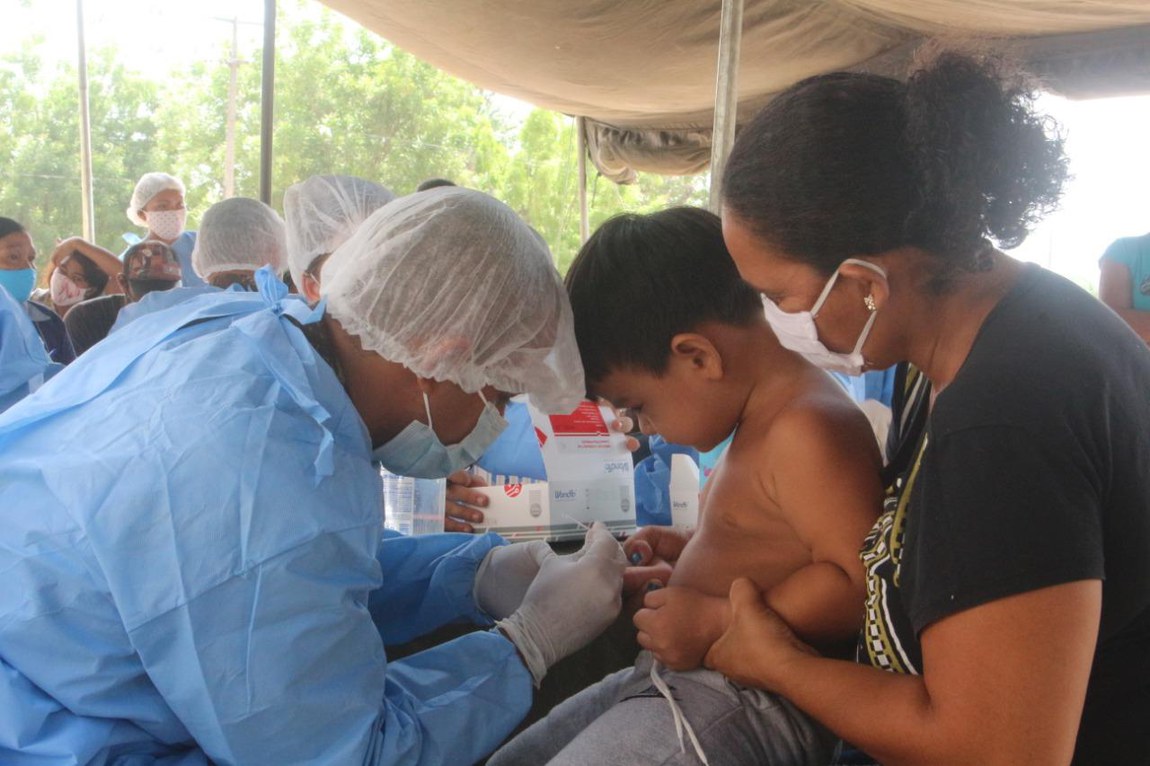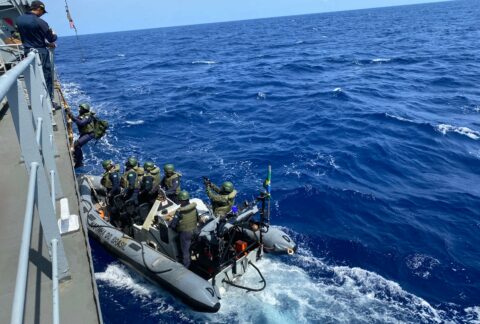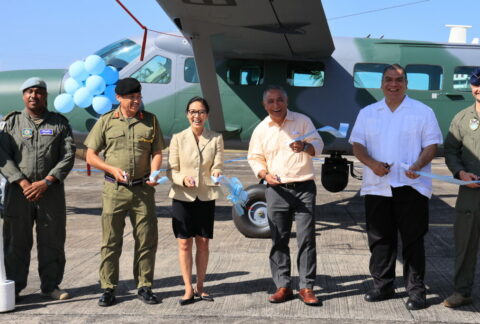The Brazilian Armed Forces provided medical care to some 37,000 indigenous people in the state of Maranhão, which the Amazon Forest covers for the most part. The mission, known as Operation Maranhão, took place in three phases, between September and November, bringing together 24 service members in each phase — 12 doctors, three nurses, six nursing assistants, and three veterinarians.
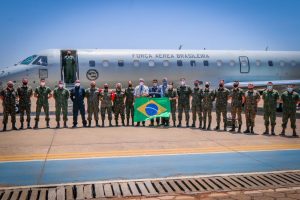
In addition to medical care, service members provided dental services, rapid tests to diagnose COVID-19, and delivered protective equipment against the disease and medication for treatments. Veterinarians also cared for pets belonging to the indigenous population. Operation Maranhão was part of Operation COVID-19, which the Ministry of Defense launched to fight the pandemic.
The operation, according to Brazilian Army (EB, in Portuguese) General (ret.) Manoel Luiz Narvaz Pafiadache, secretary of Personnel, Education, Health, and Sports for the Ministry of Defense, followed all health protocol and respected the indigenous culture. “It’s very rewarding to complete an operation that includes many air resources and many people to assist. We can say that we were successful in the mission, in Operation Maranhão,” said Gen. Pafiadache.
According to the Ministry of Defense, the third and final phase of Operation Maranhão was the 14th indigenous mission of 2020, helping more than 100,000 indigenous people.
Service members distributed a total of 1.5 tons of supplies in each phase of Operation Maranhão to combat COVID-19. The Ministry of Health sent more than 92,000 medical supplies to Maranhão to support the three phases of the mission.
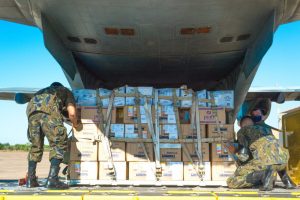
Animal care
Operation Maranhão was the first to include EB veterinarians, who assessed the sanitary conditions of the villages, and worked to prevent and control zoonoses such as rabies, leishmaniasis, worms, and other diseases transmitted from pets to locals. In total, 130 veterinarian consultations were provided.
“It was a transformative experience. Brazil, with its large continental area, represents a reality that many talk about but few understand or fight for. The opportunity to help the indigenous people and gain field experience was invaluable,” said First Lieutenant Francisco Caetano Rosa Neto, a doctor at Brasília Naval Hospital.
First Lieutenant Ezir Araújo Lima Neto, a doctor at Recife Aeronautics Hospital, shared the same opinion. The recognition and gratitude of the indigenous people had a great impact on him, as he did not know the Amazon region before and never had such close contact with the indigenous people.

